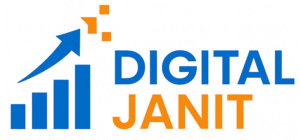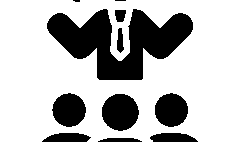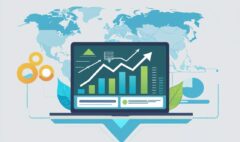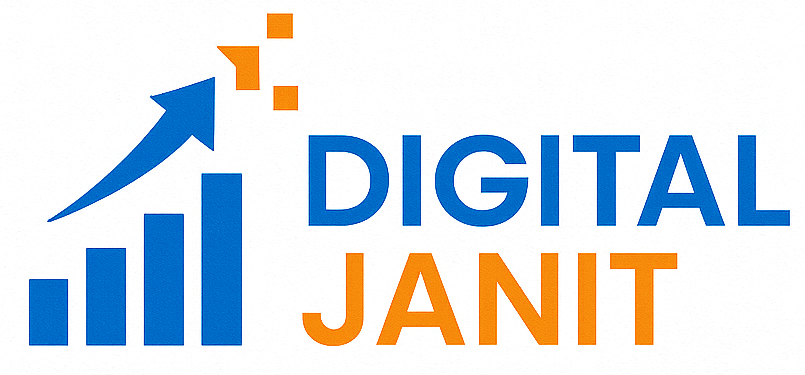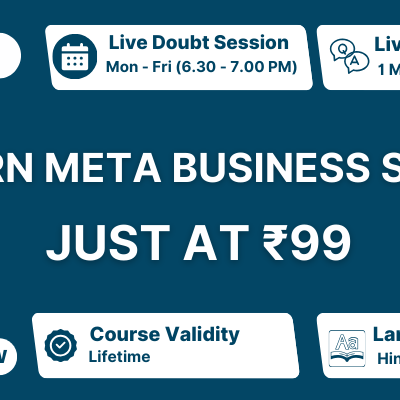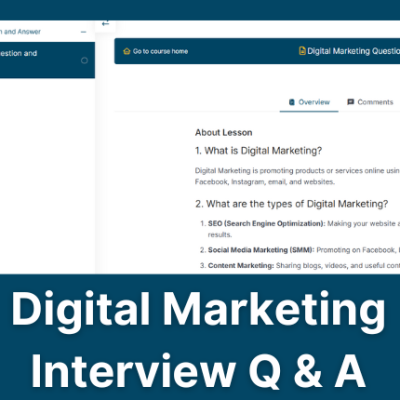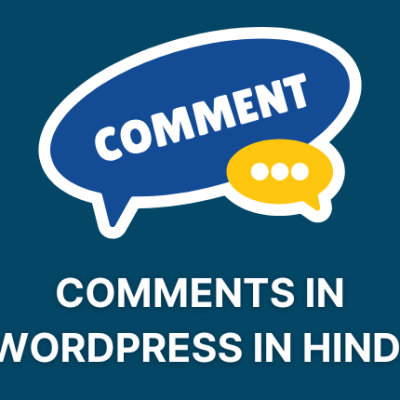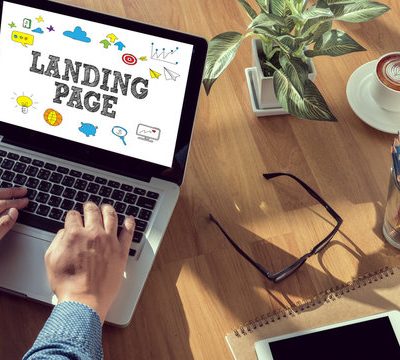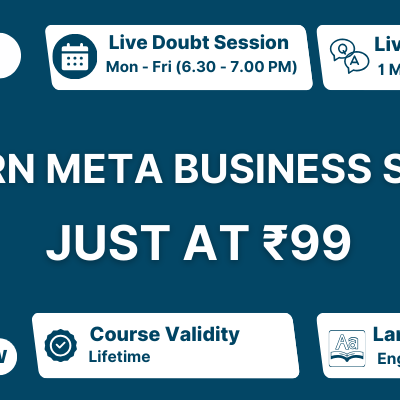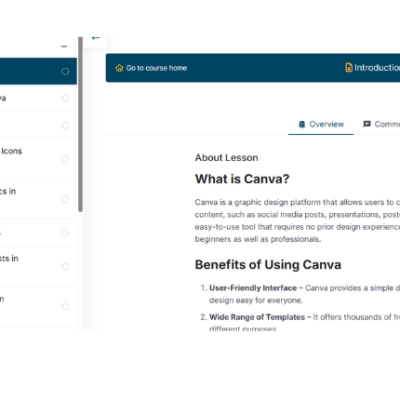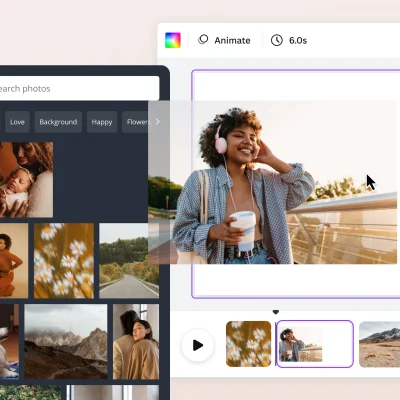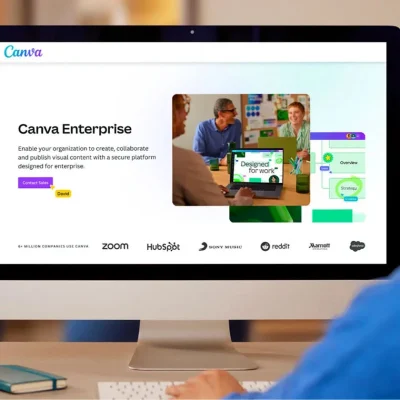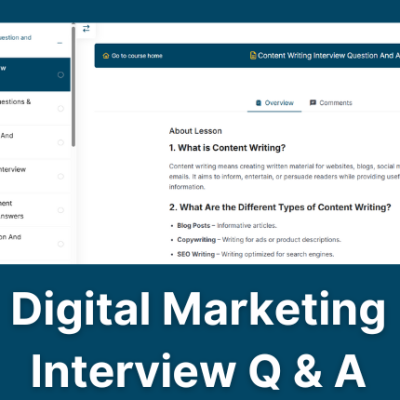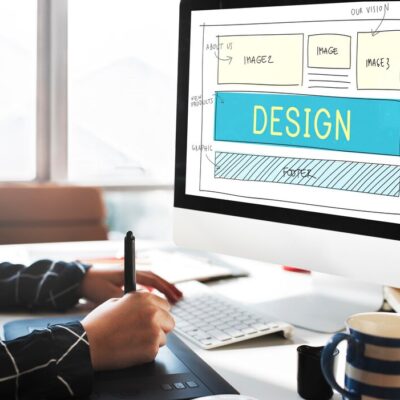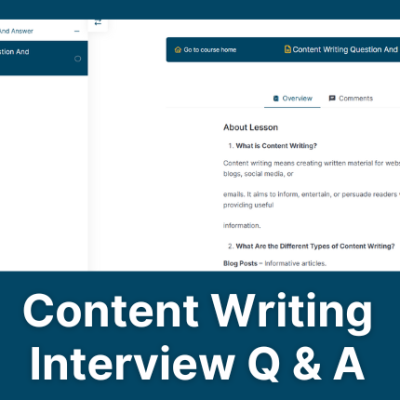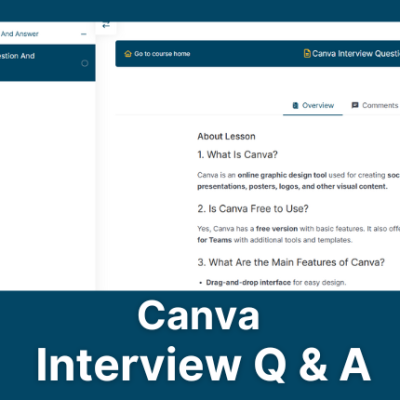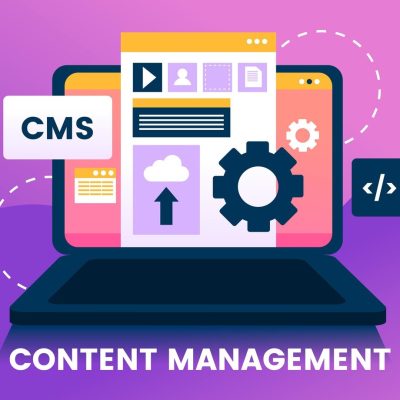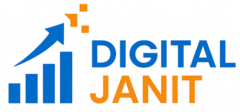Mastering the WordPress Dashboard in Hindi – The Ultimate Expert Guide by Digital Janit
Mastering the WordPress Dashboard in Hindi – The Ultimate Expert Guide by Digital Janit
WordPress Dashboard in Hindi – A Complete Expert Guide
Welcome to your expert-level guide on the WordPress Dashboard in Hindi. If you’re someone who prefers learning in your native language and loves building websites without any coding drama—this one’s for you. Powered by Digital Janit, this tutorial breaks down every corner of the WordPress dashboard in a way that’s simple, smart, and straight to the point.
Let’s be honest—WordPress can look a bit intimidating at first. All those menus, options, and weird-sounding terms? Total brain freeze, right? But once you understand the dashboard, it’s like having the control panel of a spaceship—where you decide how your site flies!
What is the WordPress Dashboard?
Think of the WordPress Dashboard as the command center of your website. It’s where everything begins and ends—whether you want to create posts, upload images, change the design, install plugins, or handle users. It’s the digital headquarters where you rule your web kingdom!
Why Learning the WordPress Dashboard is a Game Changer
If you’re serious about managing your own site, blog, or even an online store, mastering the dashboard is non-negotiable. And when you learn it in Hindi, the comfort level goes through the roof. No more lost-in-translation moments—just smooth sailing.
Here’s the deal—when you understand the dashboard, you stop being dependent on developers. You become the boss. Isn’t that what we all want?
Accessing the WordPress Dashboard – Step by Step
Alright, let’s get practical. To access your dashboard:
- Type yourwebsite.com/wp-admin
- Enter your username and password
- Boom—you’re in!
And just like that, your website’s entire backend is at your fingertips.
Overview of the Dashboard Interface
When you log in, you’ll see three main areas. Let’s break it down like a pro.
The Admin Toolbar
That black bar at the top? That’s your quick-access toolbar. It lets you:
- Visit your live site
- Create a new post or page
- Access profile settings
- View notifications
The Left Sidebar Menu
This is where all the magic happens. Posts, Pages, Plugins—everything you need is on the left.
The Main Dashboard Area
Here you’ll find:
- Site health status
- At-a-glance stats
- Quick Draft box
- Recent activity
It’s your dashboard’s home screen—like your phone’s main page.
Key Sections of the WordPress Dashboard
Let’s go through the essential sections one by one, shall we?
Posts
This is where you write and manage blog articles. You can:
- Add new posts
- Edit old ones
- Organize them using categories and tags
Media
All your images, videos, and documents live here. Think of it as your site’s “gallery”.
Pages
Unlike blog posts, pages are static—like About, Contact, Home, etc.
Comments
This is where you manage feedback from your audience. Approve, reply, or delete—your call!
Appearance
Want to change how your site looks? This section lets you:
- Switch themes
- Edit menus
- Customize widgets
- Access the Theme Customizer
Plugins
Plugins are like mobile apps—but for your website. Want a contact form? SEO tools? E-commerce? Plugins do it all.
Users
You can manage who has access to your site here. Want to add a new writer or admin? This is the place.
Tools
This includes import/export tools, site health, and more advanced options.
Settings
The brain of the site. From changing the site title to adjusting time zones—you configure the backend here.
How Digital Janit Simplifies Dashboard Learning in Hindi
Digital Janit understands that technical jargon can scare beginners away. That’s why their WordPress Dashboard in Hindi course is designed to be friendly, visual, and jargon-free.
You get:
- Step-by-step video recordings
- Real examples explained in Hindi
- Lifetime access to batch recordings
- Bonus: Community support!
No pressure. No rush. Learn at your pace, in your language.
Practical Dashboard Tips for Hindi Users
Let’s take things up a notch. Once you’re familiar with the basics, try these pro-tips.
Customizing Your Dashboard Layout
Click on Screen Options (top right) to hide or show different panels on your dashboard.
Managing Updates the Smart Way
Regularly update your plugins, themes, and WordPress version. A site that’s not updated is like using a smartphone without internet—it’s dull and risky.
Common Mistakes to Avoid in the WordPress Dashboard
- Ignoring Updates – Leads to security issues.
- Installing Too Many Plugins – Slows down your site.
- Not Backing Up Before Changes – Rookie move!
- Editing Theme Files Directly – One wrong line and… BOOM!
Avoid these and you’ll be golden.
Why Learn WordPress Dashboard in Hindi?
Let’s be real—most tutorials are in English. But what about the millions of Indian users who are more fluent in Hindi?
Learning in Hindi:
- Removes the language barrier
- Makes retention easier
- Builds confidence faster
- Encourages independent website management
And thanks to Digital Janit, Hindi-speaking users are finally getting the expert-level content they deserve.
Final Thoughts – Your WordPress Journey Starts Here
You don’t need to be a coder. You don’t need to speak fluent English. All you need is curiosity, consistency, and the right mentor—Digital Janit.
So if you’ve been staring at the WordPress dashboard feeling overwhelmed, now’s your chance. Learn in Hindi, practice in real-time, and build a site that actually works for you.
